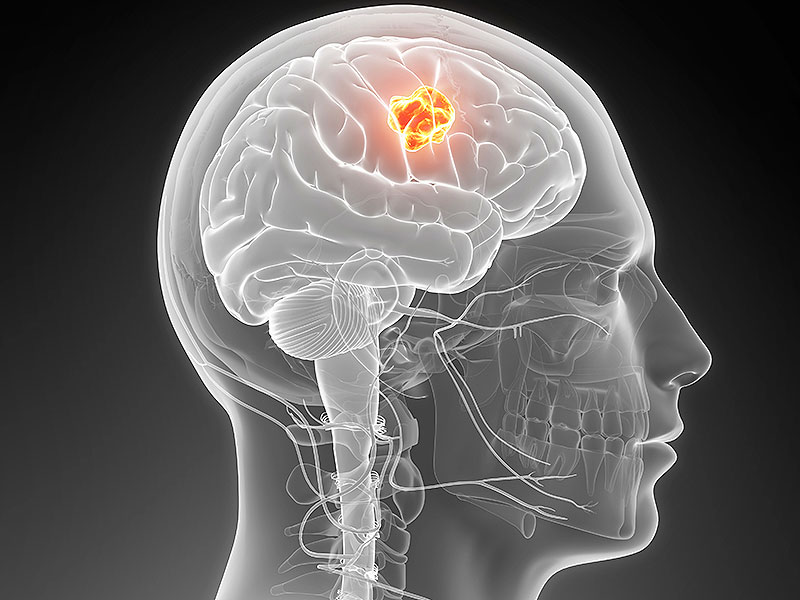Purpose: Investigation of clonal heterogeneity may be key to understanding mechanisms of therapeutic failure in human cancer. However, little is known on the consequences of therapeutic intervention on the clonal composition of solid tumors. Experimental Design: Here, we used 33 single cell-derived subclones generated from five clinical glioblastoma specimens for exploring intra- and inter-individual spectra of drug resistance profiles in vitro. In a personalized setting, we explored whether differences in pharmacological sensitivity among subclones could be employed to predict drug-dependent changes to the clonal composition of tumors. Results: Subclones from individual tumors exhibited a remarkable heterogeneity of drug resistance to a library of potential anti-glioblastoma compounds. A more comprehensive intra-tumoral analysis revealed that stable genetic and phenotypic characteristics of co-existing subclones could be correlated with distinct drug sensitivity profiles. The data obtained from differential drug response analysis could be employed to predict clonal population shifts within the naïve parental tumor in vitro and in orthotopic xenografts. Furthermore, the value of pharmacological profiles could be shown for establishing rational strategies for individualized secondary lines of treatment. Conclusions: Our data provide a previously unrecognized strategy for revealing functional consequences of intra-tumor heterogeneity by enabling predictive modeling of treatment-related subclone dynamics in human glioblastoma.







